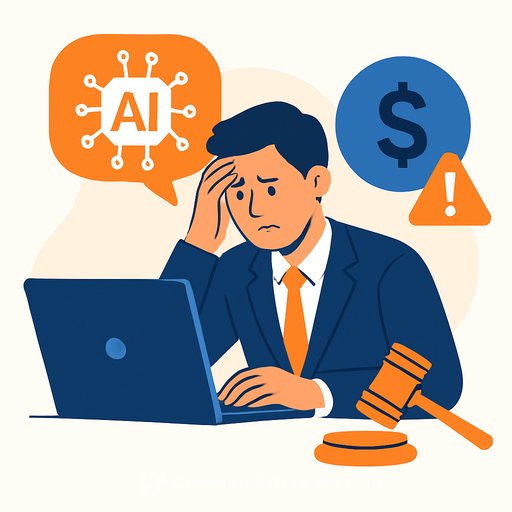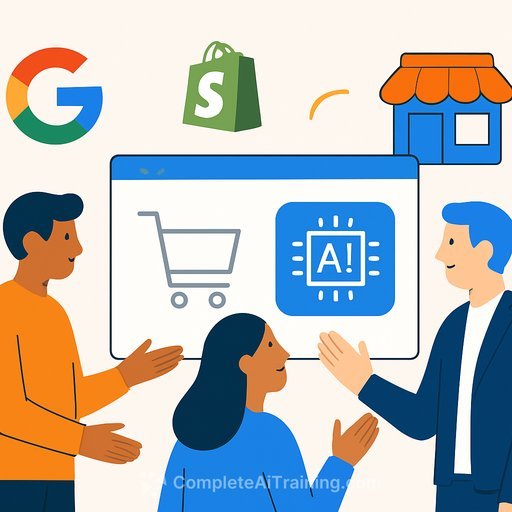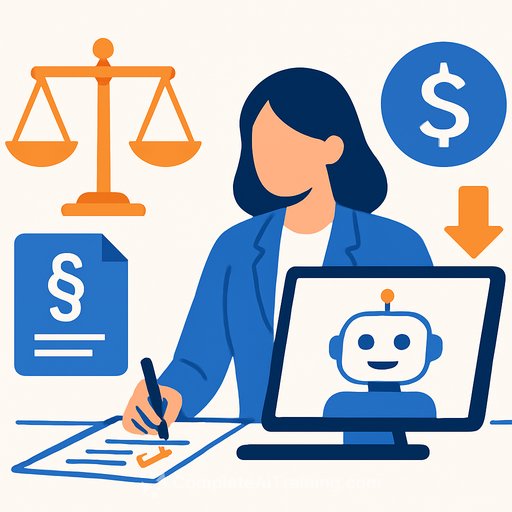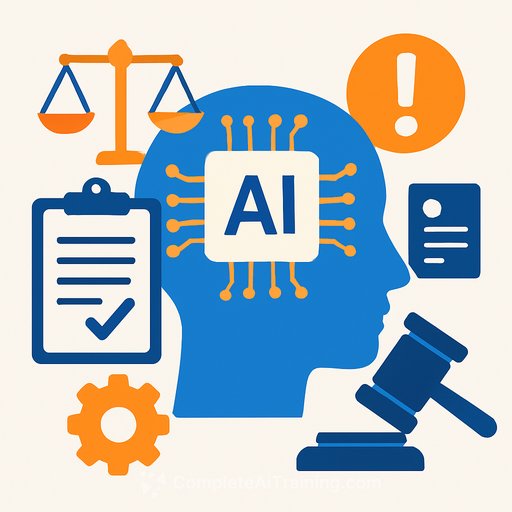Kennedys partners with Spellbook to rebuild junior lawyer training for the AI era
Kennedys has agreed a strategic partnership with Spellbook, a generative AI platform for lawyers, to deliver a training programme focused on early-career legal work. The goal: give junior lawyers the skills they'll need as AI and automation reshape the first years of practice. It's believed to be among the first large-scale efforts to directly address AI's impact on early career training.
Why this matters
AI is eating into the traditional proving grounds for trainees and junior associates. The first-draft, redline, document review, and playbook application that once built judgment and speed are getting automated.
- Less repetition means fewer at-bats to build core skills
- Firms still need lawyers who understand the "why," not just the "what"
- Structured, simulated practice can fill the gap
What Spellbook brings
Spellbook's platform applies legal-focused large language models to review, redline, and draft contracts at speed. According to the companies, the tech draws on models from OpenAI and others. Spellbook reports use in 80 countries, with more than 10 million contracts reviewed by 4,000 legal teams.
Inside the programme
Kennedys and Spellbook are building simulated work scenarios and AI-assisted drafting exercises that mirror real matters. The aim is to recreate the learning reps that may fade from the office as automation scales.
The programme is slated to launch later this year, starting with pilots across Kennedys' US and UK offices. The firm plans to share lessons learned with the wider profession.
Catherine Goodman, Kennedys' chief knowledge officer, said: "Having undertaken many AI and tech projects where we are improving workflows, it seemed natural to also leverage AI to support learning and development for our lawyers. With Spellbook, we are creating simulated legal work scenarios where the junior attorneys can practice the work they will do in real life and gain deeper understanding of the work they are doing, making them more effective when it comes to actually doing client-facing work."
Format and scope
Programme length will vary by practice team. Expect a blend of short assignments and longer, progressive tasks that build competency over time. Goodman noted this kind of AI training could become standard in the profession.
What firms can do now
- Audit junior workflows: where is training value being displaced by automation?
- Define competencies: research, drafting, issue-spotting, negotiation, and judgment
- Create simulations that force trade-offs: facts, deadlines, client goals, and risk
- Pair AI outputs with human review checklists to build quality instincts
- Track outcomes: error rates, drafting speed, escalation patterns, and client impact
- Set guardrails: confidentiality, privilege, model usage, and approval pathways
Further resources
- NIST AI Risk Management Framework - helpful for building policy and controls
- Complete AI Training: Courses by Job - curated AI upskilling paths by role
Your membership also unlocks:






